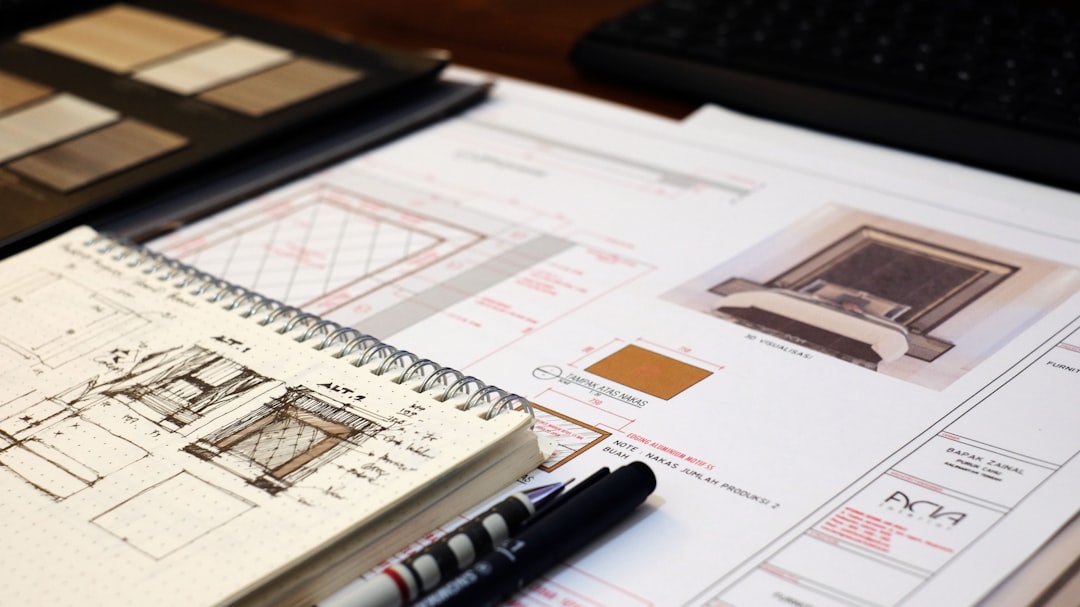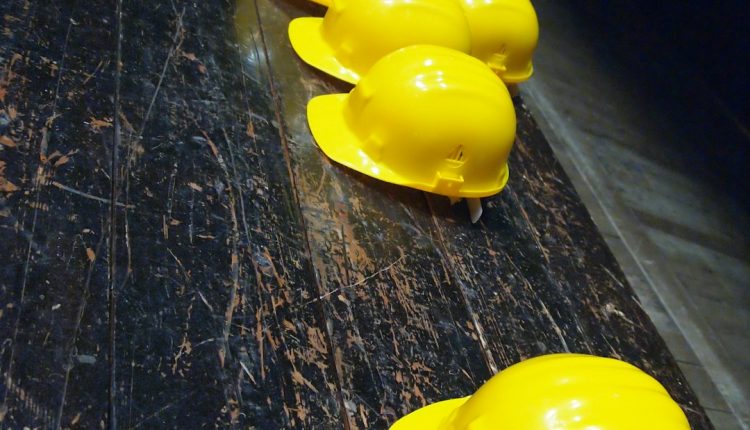In today’s highly competitive construction industry, speed and precision are crucial when it comes to winning bids. Traditional bidding processes can be time-consuming, error-prone, and inefficient, often involving mountains of paperwork and coordination among multiple stakeholders. However, with the rise of artificial intelligence (AI), construction companies are discovering new ways to simplify, streamline, and accelerate bidding processes while improving accuracy and reducing costs.
Below are four key ways AI tools are transforming and accelerating bidding processes in construction projects:
1. Automated Quantity Takeoffs
Table of Contents
One of the most labor-intensive steps in the bidding process is quantity takeoff — the process of measuring and listing the materials and labor required for a construction project. Traditionally conducted manually or with basic software, this step can take hours or even days to complete and is highly prone to human error.
AI tools now allow for the automation of quantity takeoffs by analyzing digital blueprints and architectural drawings in real time. These smart platforms can:
- Identify structural elements (walls, windows, doors, etc.) automatically
- Calculate precise measurements and quantities
- Generate material lists required for the project
This level of automation not only saves time but also enhances the accuracy of bids, enabling firms to deliver faster responses without compromising quality.

2. Predictive Cost Estimation
Accurate cost estimation is at the heart of successful bidding. AI-driven platforms can now predict costs with remarkable precision by leveraging historical data, market trends, and regional pricing databases. These platforms analyze past projects to forecast future expenses, factoring in variables such as labor, supply chain volatility, and geographic considerations.
AI can also simulate various project scenarios, allowing estimators to perform “what-if” analyses before submitting a bid. This is especially useful when a client requests alternative materials or design adjustments. Instead of recalculating everything from scratch, the AI tool can quickly provide updated projections — improving agility and responsiveness in bidding.
3. Natural Language Processing (NLP) for Document Review
Bid preparation often involves combing through extensive documentation such as RFPs (Requests for Proposals), blueprints, compliance standards, and technical specifications. Important details can be buried within dozens or even hundreds of pages, increasing the risk of misinterpretation or oversight.
AI tools equipped with NLP capabilities are changing the game by reading and understanding complex documents at high speed. These algorithms can:
- Extract key information like deadlines, budget restrictions, and scope of work
- Highlight inconsistencies or ambiguities in documents
- Ensure compliance with local laws and industry regulations
With this functionality, contractors can significantly reduce the time spent reviewing documents and focus more on strategy and proposal quality — both critical to winning bids.

4. Collaboration and Bid Management Platforms
AI is also playing a substantial role in improving team collaboration and centralizing bid management. Cloud-based AI systems integrate all aspects of the bidding process in one platform — from resource planning and communication to data visualization and scheduling.
These platforms enable seamless collaboration among estimators, project managers, engineers, and vendors. Team members can access updated information in real time, receive AI-generated notifications about changes, and use predictive analytics to allocate internal resources more efficiently.
Moreover, these AI-powered platforms provide dashboards that summarize metrics such as bid accuracy rates, win/loss ratios, and current pipeline health — empowering decision-makers with actionable insights.
Conclusion
As the construction industry continues to modernize, AI is no longer a luxury—it’s becoming a necessity. By automating manual tasks, enhancing accuracy, and accelerating bid preparation, AI tools are giving construction companies a clear competitive edge. Embracing these technologies not only improves efficiency but also positions firms to win more business through smarter, faster, and more strategic bidding practices.
Firms that invest in robust AI-driven bidding systems today will be the ones that build tomorrow’s skylines with greater productivity and profitability.

